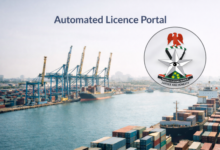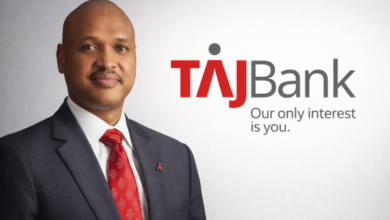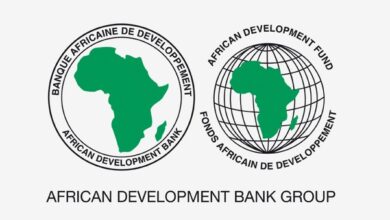FG Partners with Siemens to Deliver 18,000 megawatts by 2023
 The Federal Government has entered into an agreement with the management of Siemens in a bid to make available 18,000 electricity megawatts for Nigerians by 2023.
The Federal Government has entered into an agreement with the management of Siemens in a bid to make available 18,000 electricity megawatts for Nigerians by 2023.
President Muhammadu Buhari met with the global head of Siemens, AG, Joe Kaeser, yesterday in Abuja. According to reports, a letter of Agreement on Nigerian Electrification Roadmap was signed and it will deliver 7,000 megawatts of electricity in 2021 and 11,000 megawatts in 2023.
The agreement was the fallout of the decision reached by Buhari and German Chancellor, Angela Merkel, when the latter visited Nigeria on August 31, 2018. Consequently, a letter of Agreement on Nigerian Electrification Roadmap was submitted to the office of the Nigerian President in November last year.
Before the letter of agreement was signed on Monday, several meetings involving Nigeria’s distribution companies (Discos), relevant stakeholders in the power sector and the federal government had been held with the focus on key area areas where the help of the German company would be needed to boost the activities of both the Transmission Company of Nigeria and Discos.
READ ALSO: Siemens signs roadmap to rebuild Iraq’s electricity infrastructure
Such key areas will include software maintenance for four years that will be comparable to Egypt’s power project said to have been handled by Siemens and which helped in raising the North African country’s power generation by 40 percent capacity through the connection of 14.4 gigawatts to the Egyptian national grid.
At the agreement signing ceremony Monday, Buhari who told his guest that notwithstanding Nigeria’s capacity to generate over 13,000 megawatts of power, only an average of 4,000 megawatts get to consumers in the end.
Consequently, he tasked the new partners to change the narrative by ensuring the delivery of 7,000 megawatts of electricity in what he termed as phase one of the project in 2021 and 11,000 megawatts in its phase two by 2023.
Furthermore, Buhari said when this is done, the difficulty which characterises the distribution and transmission of power in Nigeria would have been fixed and hence, the country will thereafter proceed to what he termed the third phase of the agreement that will dovetail in the delivery of 25,000 megawatts of electricity.
“Our goal is simply to deliver electricity to Nigerian businesses and homes. My challenge to Siemens, our partner investors in the Distribution Companies, the Transmission Company of Nigeria and the Electricity Regulator is to work hard to achieve 7,000 megawatts of reliable power supply by 2021 and 11,000 megawatts by 2023 – in phases 1 and 2 respectively.
“After these transmission and distribution system bottlenecks have been fixed, we will seek – in the third and final phase – to drive generation capacity and overall grid capacity to 25,000 megawatts,” Buhari said.
Buhari further told his guest that achieving such feats has become imperative in view of the huge importance of power to the development of any society, pointing out that Nigeria is blessed with the natural resources needed to achieve a reliable and qualitative power supply that can enhance economic growth and industrial development.
The president further proceeded to tell the partners that various attempts to resolve Nigeria’s electricity crises in the past had ended in fiasco including the recent privatisation of the power and distribution companies, submitting that failures of the past notwithstanding, this current move presents an opportunity to finally nip the power sector crisis in the bud.
“Now, we have an excellent opportunity to address this challenge. This government’s priority was to stabilise the power generation and gas supply sector through the Payment Assurance Facility, which led to a peak power supply of 5,222 MW. Nonetheless, the constraints remained at the transmission and distribution systems.
“This is why I directed my team to ask Siemens and our Nigerian stakeholders to first focus on fixing the transmission and distribution infrastructure – especially around economic centres where jobs are created.
“Whilst it was evident that more needed to be done to upgrade the sub-transmission and distribution system, our government was initially reluctant to intervene as the distribution sector is already privatised.
“I am therefore very pleased with the positive feedback from private sector owners of the distribution companies, who have all endorsed government’s intervention to engage Siemens on this end-to-end plan to modernise the electricity grid,” Buhari said.
Buhari further said that with federal government’s effective commitment to the development of Mambilla Hydroelectric as well as various solar projects being executed in different parts of the country, “the long-term power generation capacity will ensure adequate energy mix and sustainability in the appropriate balance between urban and rural electrification.”
He also explained that federal government’s plan is to ensure that the project is exclusively pursued between the two governments without the involvement of any middleman and with the overall objective of delivering quality services to Nigerians.
Samson Oyedeyi












